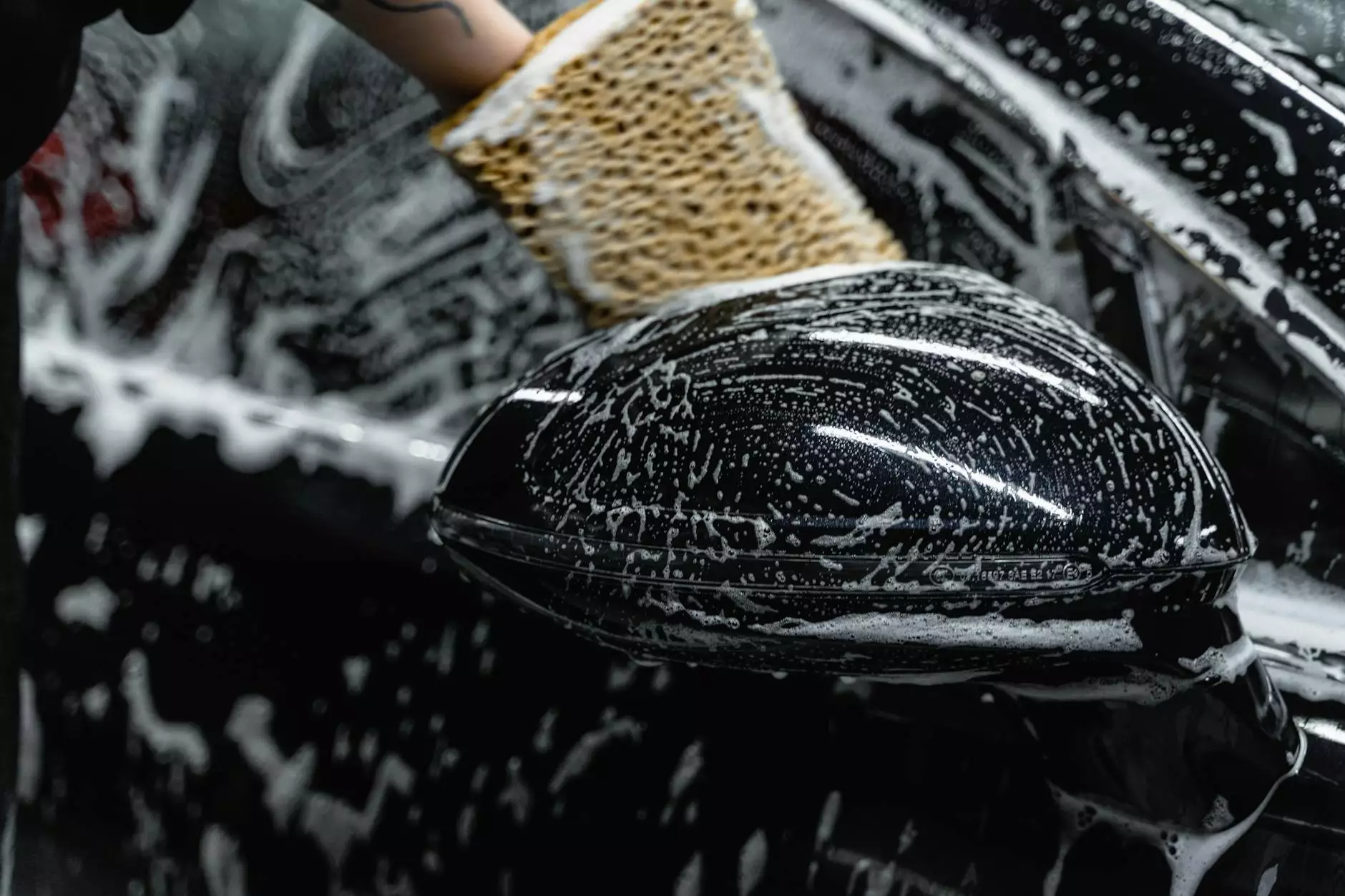The Importance of the LOLER Test for Your Business

Business owners in the Home & Garden sector, particularly those involved in gardening and pest control, face numerous responsibilities to ensure not only the satisfaction of their clients but also the safety of their operations. One crucial aspect of safety regulations is the LOLER test, which stands for the Lifting Operations and Lifting Equipment Regulations. This guide aims to provide comprehensive insights into the LOLER test and its significance for businesses in this sector.
What is the LOLER Test?
The LOLER test is designed to ensure that all lifting operations and equipment are safe and reliable. Specifically, it encompasses regular inspections of lifting equipment, including equipment such as cranes, hoists, and even lifting slings. This regulation applies to all businesses that involve lifting operations, which means that adherence to these standards is not just good practice but a legal requirement.
The Key Components of the LOLER Test
To better understand the implications of the LOLER test for businesses, it is essential to break down its core components:
- Inspection Frequency: Equipment must be inspected at regular intervals, typically every six months, depending on the type of equipment.
- Testing Procedures: Thorough assessments must be conducted to evaluate the equipment's functionality and safety features.
- Documentation: A detailed report of each inspection must be maintained, indicating compliance with the regulations.
- Training: Employees operating the lifting equipment must receive adequate training to ensure safe usage.
The Importance of LOLER Compliance for Businesses
For businesses, especially in the Home & Garden industry, adhering to LOLER regulations is essential for several reasons:
1. Legal Compliance
Failure to comply with LOLER regulations can lead to severe consequences, including fines, legal action, and even business closure. By ensuring that your lifting equipment meets safety standards, you protect your business from these risks.
2. Enhanced Safety
Conducting regular LOLER tests not only keeps your business compliant but also enhances the overall safety of your operations. This is paramount in sectors like gardening and pest control, where lifting heavy equipment and materials is commonplace. Eliminating hazards through regular inspections minimizes accidents and injuries, fostering a safer work environment.
3. Improved Equipment Longevity
Regular testing and maintenance of lifting equipment can significantly extend its lifespan. By identifying issues early through LOLER inspections, you can take corrective actions before they escalate into costly repairs or replacements.
How to Prepare for the LOLER Test
Businesses should adopt a proactive approach to prepare for the LOLER test. Here are some steps to ensure compliance:
1. Regular Maintenance Checks
In addition to formal inspections, conducting regular maintenance can help identify potential problems before a LOLER test. Implement a schedule for everyday checks and ensure that employees report any irregularities promptly.
2. Keep Documentation Organized
Maintain a comprehensive file of all inspection reports, maintenance records, and training certifications. Organized documentation not only helps during a LOLER inspection but also demonstrates your commitment to safety standards.
3. Employee Training
Invest in training programs for your employees that emphasize safety practices related to lifting equipment. Well-trained staff are less likely to make mistakes that could lead to violations of LOLER regulations.
Choosing a Reliable LOLER Testing Service
Finding a reputable service for LOLER testing is crucial to your business's compliance and safety. Consider these tips when selecting a provider:
1. Check Qualifications
Ensure that the testing service you choose has accredited professionals with relevant experience and qualifications in conducting LOLER inspections.
2. Read Reviews
Look for testimonials from other businesses within the Home & Garden sector. Positive feedback and case studies can provide insight into the reliability of the service.
3. Evaluate Their Process
Inquire about the methods and procedures they use during the LOLER test. Understanding their processes can help ensure that they meet all regulatory standards.
Conclusion: The Future of Your Business with LOLER Compliance
In today's competitive environment, ensuring compliance with the LOLER test is not just a legal requirement; it is a crucial component of your business strategy in the Home & Garden sector. By prioritizing safety, compliance, and proper maintenance of lifting equipment, you not only protect your employees and clientele but also enhance your brand's reputation and trustworthiness.
As the industry evolves, embracing best practices regarding safety and compliance will set your business apart. Remember, a commitment to safety is a commitment to excellence. By understanding and implementing LOLER regulations, your business can thrive while ensuring a safe working environment.





